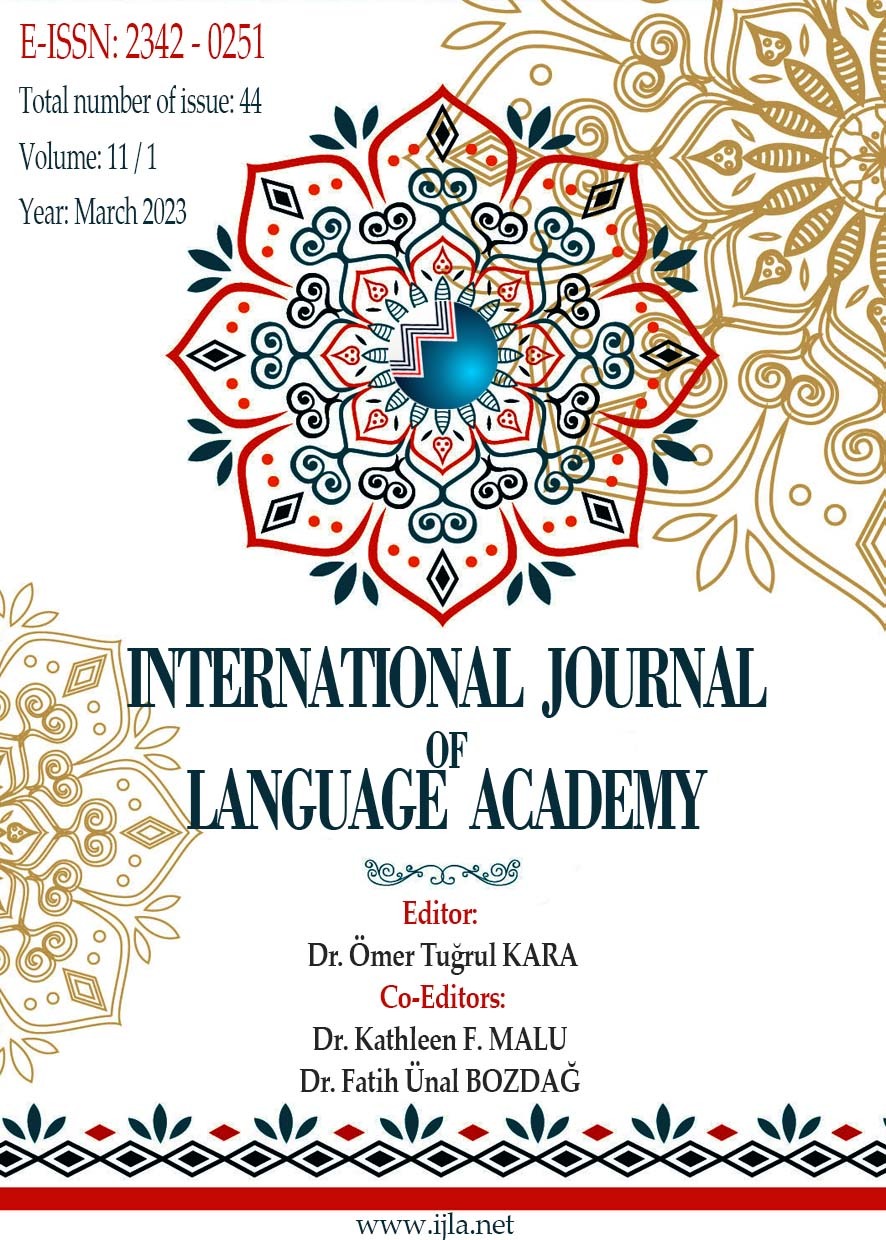Author :
Abstract
İslam dünyasında dinî eserlerin manzum biçimde yazılması önemli bir gelenek olmuş ve bu gelenekte fıkhi eserlerle fetvâlar da yerini almıştır. Osmanlıda fıkhi eserlerle fetvâların manzum biçimde yazılması Türk edebiyatı için de büyük bir zenginlik oluşturmuştur. Osmanlı döneminde genellikle 16-17. yüzyıllarda verilen manzum fetvâlar arasında ilginç konular bulunmakta olup bunlardan birisi de çeşitli Osmanlı ilmiye mensuplarınca hüner ve marifetin değersizleşip cehaletin baş tacı edilmesine karşı isyanı da dile getiren sualler ve buna karşı şeyhülislamlarca verilen fetvâlardır. Bu manzum fetvâlarda bir yanda hüner ve marifetin yüzüne kimsenin bakmadığı, diğer yanda ise cehaletin değersiz kumaşının revaçta olduğu dile getirilmektedir. Cehaletin revaçta olduğu bir yerde bilgi ve hüneri kimsenin önemsemeyip yanına yaklaşmaması büyük bir sorun olarak görüldüğünden sebebi ve çözümü şeyhülislâma yana yakıla sorulmaktadır. Bu konuyla ilgili manzum fetvâlar kişisel görüşleri yansıtmamakta ve o devre ait sosyal ve ekonomik durumu da gözler önüne sermektedir. Bu fetvâların cevaplarında hüner ve marifetin bir gün mutlaka değerini bulacağı söylenerek hırs ve tamahtan kaçınılması gerektiği de vurgulanmaktadır. Bu çalışmada tanıtılan birisi Türkçe diğeri Farsça iki manzum fetvâda yaklaşık aynı hususlar dile getirilmektedir. Bilgili ve hünerlilerin değil, cahil ve ahmakların değer görüp el üstünde tutulmasının sebebi sorulmakta ve buna verilen cevapta ise bunun hikmetlerle dolu bir durum olduğu ve güzel sebeplere dayandığı söylenmektedir.
Keywords
Abstract
Writing religious works in verse has been an important tradition in the Islamic world, and fiqh works and fatwas have also taken their place in this tradition. The writing of fiqh works and fatwas in verse in the Ottoman Empire also created an excellent wealth for Turkish literature. During the Ottoman period, usually in the 16-17 centuries, there were interesting topics among the verse fatwas given. One of them is the fatwas given by the Shaykh al-Islams to the questions that express the rebellion against the devaluation of the skills and abilities of some members of the Ottoman ilmiye and the crowning of ignorance. In these poetic fatwas, it is stated that, on the one hand, no one looks at the face of skill and ingenuity, and on the other hand, the worthless fabric of ignorance is in demand. In a place where ignorance is widespread, it is seen as a big problem that no one cares about knowledge and skill and does not approach, and the reason and solution of this are asked to the Shaykh al-Islam. The verse fatwas on this subject do not reflect personal views and reveal that period's social and economic situation. In the answers of these fatwas, it is emphasized that skill and ingenuity will definitely find their value one day, and that greed and greed should be avoided. In two verses, fatwas, one in Turkish and the other in Persian, introduced in this study, almost the same issues are expressed. The reason why the ignorant and the ignorant, rather than the knowledgeable and skilled, are valued and cherished is asked, and in the answer given, it is said that this is a situation full of wisdom and based on good reasons.





